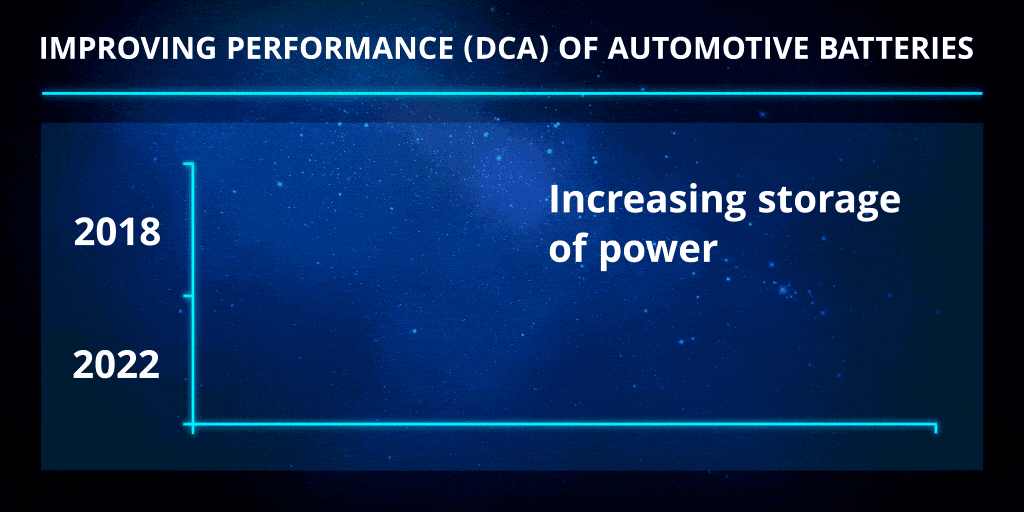
NEWS RELEASE - 16 December 2020
A ground-breaking new project is probing how mixing common additives using different ratios could enhance the performance of hi-tech lead batteries commonly used in micro-hybrid and hybrid cars.
It is hoped the research will further improve the overall performance of the battery and reduce carbon emissions in start-stop, micro and mild hybrid vehicles. By 2030, 60% of global car sales are predicted to be micro-hybrids, with rates in Europe and the U.S. expected to be even higher.
Some of biggest players in the global lead battery industry are collaborating with the Consortium for Battery Innovation (CBI) to support the research: battery manufacturer and recycler East Penn Manufacturing and materials suppliers Hammond, Cabot and Borregaard Lignotech. For nearly a decade, carbon has been a well-known and proven additive material used to improve performances in lead batteries. Adding carbon into an electrode, or as the main composition material for the negative electrode, provides a reliable and simple pathway for performance improvements in lead batteries for cycle life, lifetime and dynamic charge acceptance (DCA).

For the first time, this cutting-edge project will systematically study different ratios of the common additives used in the industry: carbon, lignosulfonate and barium sulfate, with the overall objective of optimizing DCA and performance at partial state-of-charge (PSoC).
Director of CBI, Dr Alistair Davidson, said: “This kind of collaborative research can really make a difference to the performance of batteries and we are hoping to push the boundaries of this incredible technology even further with the results of our work.”
Building on the launch of CBI’s technical roadmap in 2019, which identified DCA as one of the highest priority research goals, this project will contribute to supporting innovation in lead battery technology to meet the ever-growing demand for clean mobility.
DCA, which is the ability of a battery to accept instantaneous energy during charging, for example from regenerative braking, is crucial for maximizing the performance of advanced lead batteries in the ever-increasing number of micro and mild-hybrid vehicles on the road.
Understanding how carbons interact with other additives, such as lignosulfonates, is an area of research which can provide significant new insights and propel innovation in the next generation of advanced lead batteries, ensuring future demand for clean mobility is met.
END
Notes to editors:
About CBI:

25/04/2024